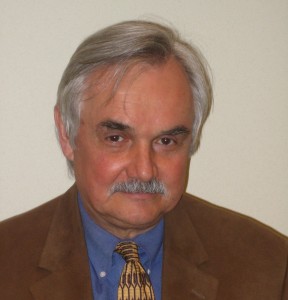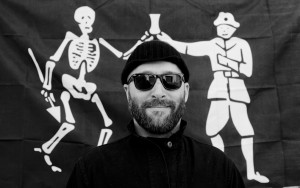
Two excellent and important articles follow. They address the corrupt nature of America's general officer corps, and they are examples of journalism and think-tank work at their best.
“Corrupt officer corps?” An overstatement? You be the judge.
The first article is yet another in USA Today‘s Tom Vandenbrook's long and continuing series about DOD's “mentor” program. It describes corrupt behavior in indisputable terms. The second by POGO's Ben Freeman describes how the general officer corps has reversed former SecDef Gates' attempt at a modest reduction in officer bloat, a reversal enabled by Leon Panetta. (What next should we expect from this politician occupying the top position in America's most important national security agency?)
The issues are not just ethics and cost. Bloated officer corps are a characteristic of militaries in decline, or rather that have already declined and lose wars. The attachment is a briefing given in recent years by an anonymous and highly respected, at least by me, retired military officer.
It not just a budget crisis the Pentagon is experiencing; it's also a leadership crisis — especially at the top. Moreover, the two are directly related.
I believe these materials are important reading.
Two articles in full below the line.






